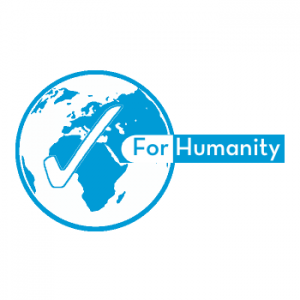 Some things are worth fighting for… liberty, freedom of speech…people have died for these.
Some things are worth fighting for… liberty, freedom of speech…people have died for these.
When the war between Iran and Iraq finished, I realised that we had lost some of the most courageous young men who lived through moments that one thought only existed in action movies. I was old enough to understand death, the risks they took and the fact that we will never see them again…they were gone. Although we were quick to judge them, I knew they fought for what they felt was right. Likewise and more so, there were plenty of brave young souls who sacrificed their lives on cold and damp foreign soil during the First and Second World Wars. The soil still seems fresh in graveyards for the loss of soldiers in recent wars, God bless them all.
For those of us unlucky enough to have lost loved ones, the images of those young lives sit in frames on fireplaces or shelves where, if we are lucky we might get glimpse of the smile that they left for us. Could one wish more than if they could just touch them and feel the warmth of their scent one more time … they are gone. For those of us left behind, what is their legacy? Do we see their legacy through planting poppies and celebrating their sacrifices in remembrance days? One minute’s silence would be enough to thank them? They were told they that they were fighting for freedom, have we done enough to make sure that was achieved? Liberty and freedom of speech are under constant threat and today more than ever with the terrorist threats around our world.
Recently we started a campaign aimed at challenging the narrative of the terrorist group known as ISIS. An inhumane group who have misused the narrative of religion in order to associate themselves with what they describe as a ‘pure’ version of religion. I grew up in the Middle East and went to school at a time when extreme values were at the forefront of every school curriculum and life. I do remember being called into the office of the headmistress when I was 15 because I was wearing socks that were white whilst wearing trousers and brown ankle boots. Days like these made me realise that freedom had been taken hostage and caged. In those days questioning was a rare reality. “You don’t questions some matters, you just do as you are told”. What about the thoughts inside your head? Was I not allowed to think about anything? Freedom is important.
In spite of everything that I have witnessed; a revolution, assassinations, imprisonment, acts carried out by different sides, I have also been fortunate enough not to witness at first hand the acts of extremism in the 21st century, happening now in the Middle East. I have not seen the carnage that some people have carried out in the name of religion, in what is known as ISIS held territories. These territories that owe their foundation to the seeds that were originally planted by Saddam’s Baath party. I say this but I am puzzled, I remember their brutality in the longest conventional war of the 20th century from 1980 to 1988. It still sits firmly in my memory when my eyes stared open in shock, when the religious study school teacher told us that they used naked women hostages, who they had first raped, as human shields. In that conservative society I thought death was the easier option and I still do even now. Later on they didn’t even consider the lives of their own people and the Kurds, and so the scars of chemical attacks still lives on among those who fought them in the front line. The brutality of what we witness today is not new for those people that live in the region, it is just being carried out under a different name.
From those extreme groups such as ISIS, whose brutality did not spare the innocent lives of journalist or aid workers from Steven Sotloff, David Haines, James Foley, Alan Henning, Abdul Rahman (Peter) Kassig to the hideous attacks that recently took place in Paris, there is a connecting issue. The liberal democracies of Western society has provided the fertile ground that helps them promote their cause and yield the “reaction” that they live for, because they know that people in Western Societies place a much greater value on lives and property than they do in many of the countries where these terrorist groups are formed. This, alongside the powerful western media, combined with the virulent nature of social media, reinforces the civilian shock and works in favour of their goals of intimidation and publicity with wider targets and victims in Muslim communities.
The campaign we have launched under the title of ‘for humanity’, challenges violent extremism in general but in particular, counters the falsehoods spread by ISIS in a positive manner, with an assertion of shared humanity. The reach of our campaign will address those in the Muslim community feeling distanced from the rest of society, building on the notion of “concentric loyalties” to expand the horizon of vulnerable segments of the community and encouraging them towards assimilating more fully into their wider community. We set up the campaign to voice our idea of bringing the community together no matter what the religion, colour or race, we thought we could stand up for the loss of freedom and civil liberties and the very basics of humanity with the weight of the legacy which was left standing on our shoulders.
However, it transpires that this is not an easy thing to do in a society that is tolerant. We were told by some that our message, “I am against ISIS for humanity” is in fact “offensive”Offensive to whom? Would you be offended if I said I am against football hooligans? Don’t get me wrong, political correctness has its place in fighting racism, gender attacks etc. But does it really have its place when fighting inhuman behaviour? But political correctness can become as much a cancer as the evil that ISIS breeds.
I believe Britain to be a tolerant society, but to whom do we show that tolerance? Where do we stand as a society in this 21st century world? A tolerant society that values freedom of speech? Or a society that is indifferent and turns a blind eye? Or maybe we have just come to realise that our ‘tolerance’ has been caged by our own political correctness?
In meetings I am sometimes told “don’t mention this or that because it gets minuted”, does free speech not get minuted? If free speech is not minuted where is the record of the legacy of those that fought for us over the centuries? If we speak out against the brutality that we see happening in the world can this really be considered to be offensive? Does freedom of speech only apply to people who have nothing to say?
Support us with liking this great campaign : https://www.facebook.com/FHcommunity
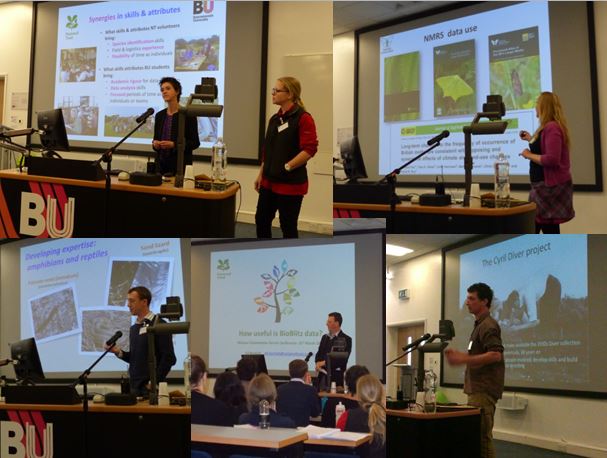
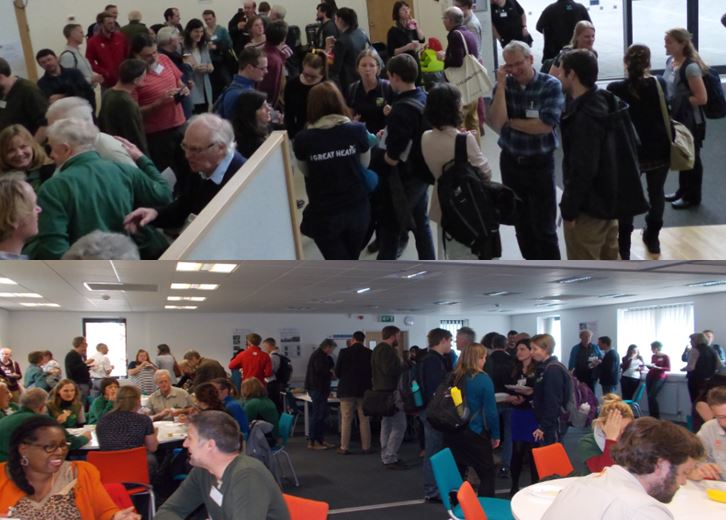
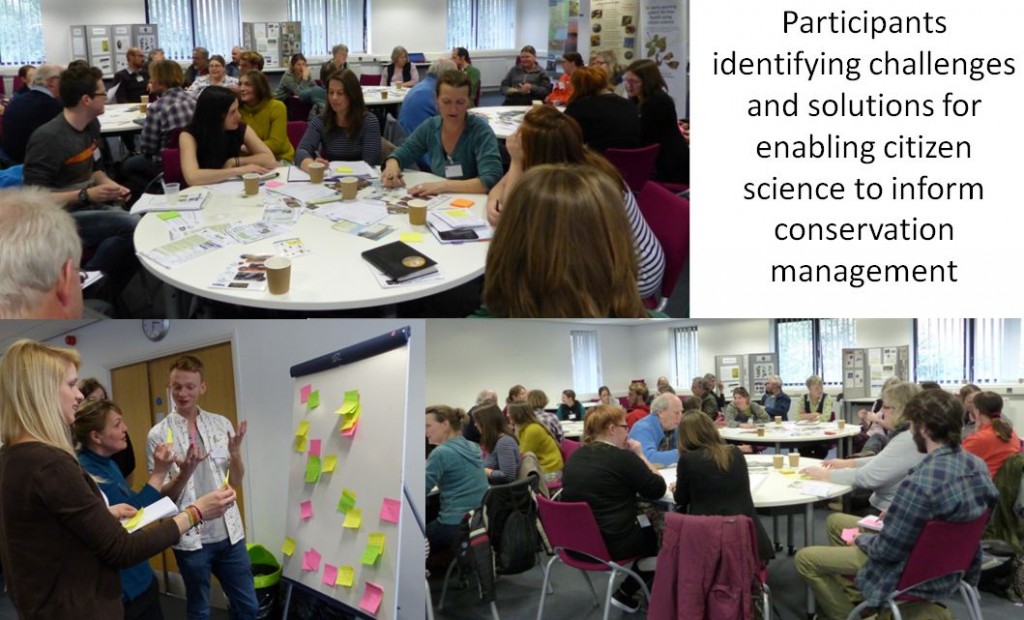
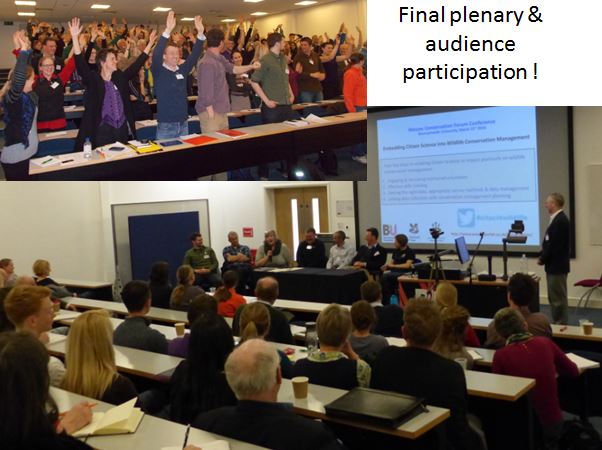
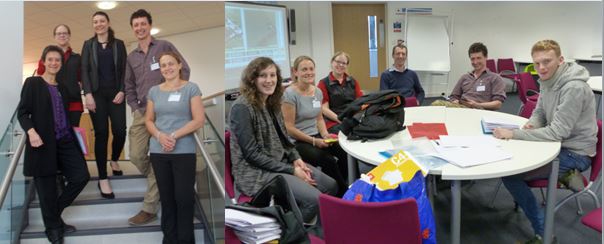


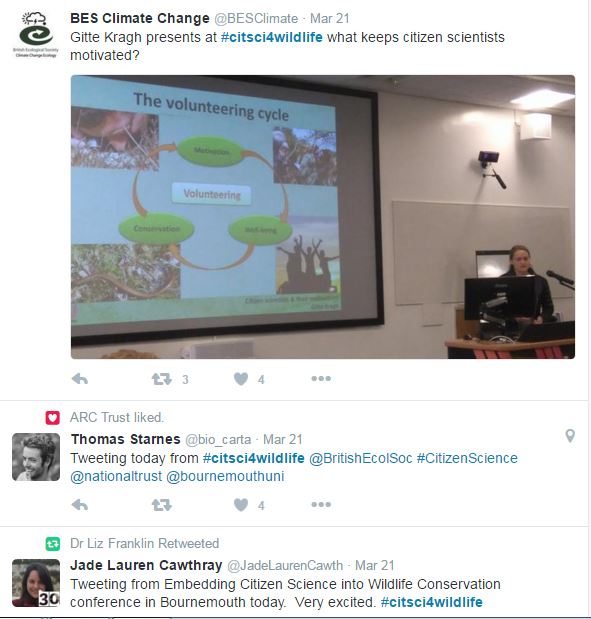


 Some things are worth fighting for… liberty, freedom of speech…people have died for these.
Some things are worth fighting for… liberty, freedom of speech…people have died for these.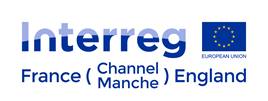 We have been advised by Marie Pandolfo, External Funding Manager for the Borough of Poole, that they are hosting an Interreg event.
We have been advised by Marie Pandolfo, External Funding Manager for the Borough of Poole, that they are hosting an Interreg event.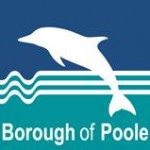 al and transitional water ecosystems in the France-England INTERREG V Programme
al and transitional water ecosystems in the France-England INTERREG V Programme
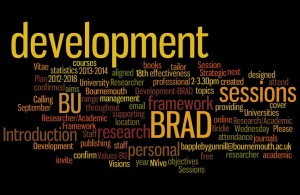
 Research Professional will be delivering training at Bournemouth University on 5/4/16 as part of Bournemouth Researcher Academic Development (BRAD) week.
Research Professional will be delivering training at Bournemouth University on 5/4/16 as part of Bournemouth Researcher Academic Development (BRAD) week.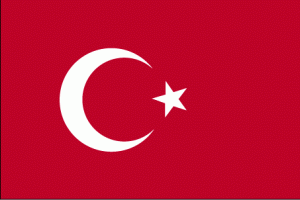
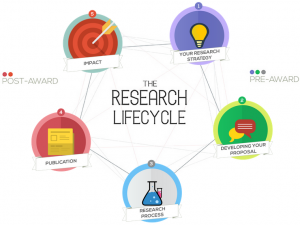

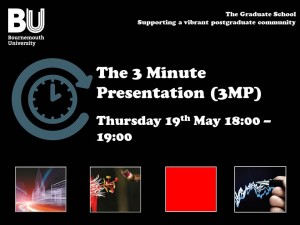
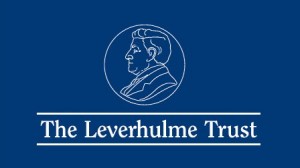 The Leverhulme Trust is supporting talented researchers who have successfully launched a university career but who need to build a research team to address a distinct research problem. Between £800,000 and £1million over four to five years for staff salaries and associated research costs.This creates an opportunity for the development and demonstration of research leadership; that is, for the direction of a modest team or group, whose research may significantly change the established landscape in a particular field of inquiry. Each institution is limited to one bid only.
The Leverhulme Trust is supporting talented researchers who have successfully launched a university career but who need to build a research team to address a distinct research problem. Between £800,000 and £1million over four to five years for staff salaries and associated research costs.This creates an opportunity for the development and demonstration of research leadership; that is, for the direction of a modest team or group, whose research may significantly change the established landscape in a particular field of inquiry. Each institution is limited to one bid only.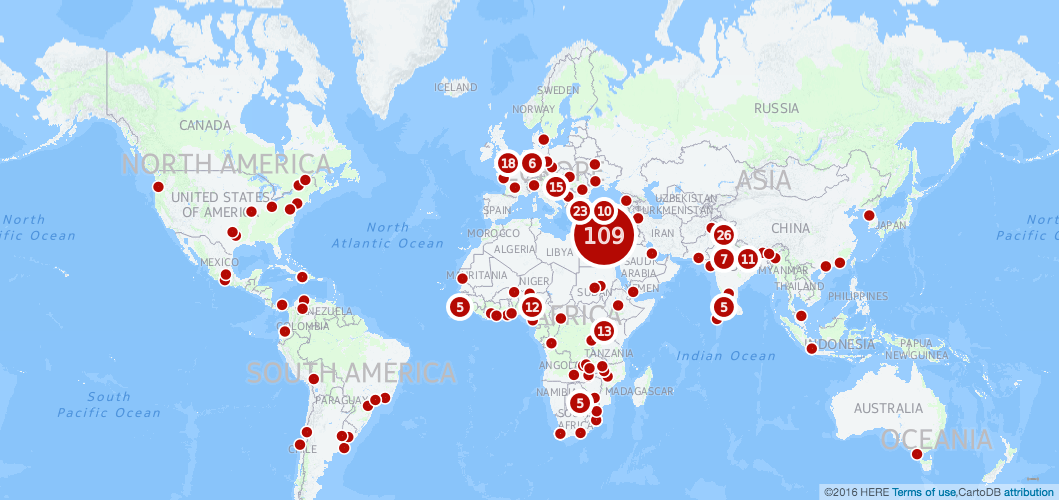











 BU paper among top 20 most cited papers
BU paper among top 20 most cited papers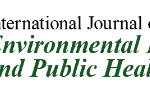 Nepal migrant workers returning from India
Nepal migrant workers returning from India New BU midwifery publication
New BU midwifery publication MSCA Postdoctoral Fellowships 2025 Call
MSCA Postdoctoral Fellowships 2025 Call ERC Advanced Grant 2025 Webinar
ERC Advanced Grant 2025 Webinar Horizon Europe Work Programme 2025 Published
Horizon Europe Work Programme 2025 Published Horizon Europe 2025 Work Programme pre-Published
Horizon Europe 2025 Work Programme pre-Published Update on UKRO services
Update on UKRO services European research project exploring use of ‘virtual twins’ to better manage metabolic associated fatty liver disease
European research project exploring use of ‘virtual twins’ to better manage metabolic associated fatty liver disease